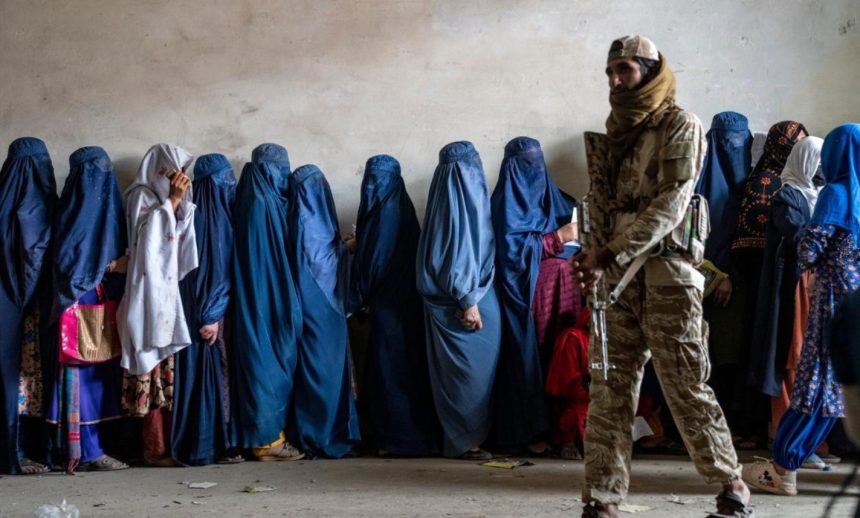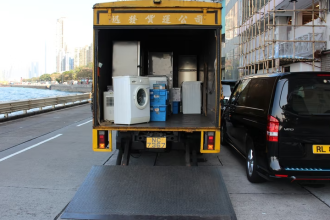Over the last week, the Taliban has jailed dozens of young Afghan women in a crackdown against those who are allegedly in violation of the group’s stringent hijab regulations.
For wearing “bad hijab,” girls as young as 16 have been taken from public spaces, private schools, and the streets of Kabul and neighboring districts.
Numerous ladies have stated that their Taliban captors beat them.
The Taliban has prohibited females from pursuing higher education and limited their access to the job since seizing control of Afghanistan in 2021.
Women’s movement in public areas is likewise strictly regulated; they are not allowed to go alone for extended periods of time and are required to conceal their faces. The organization also forbids going to English courses or applying cosmetics.
However, girls who claimed to have followed the norms of modesty were apprehended and taken into custody while speaking with The Telegraph.
Lina, 17, whose name has been altered to protect her identity, said she had been “dressed very appropriately” when she was picked up by Taliban on Monday.
“Many Taliban members arrived at the market while I was waiting for my sister; we were going to go shopping for Mother’s Day gifts,” the woman stated.
Among them, a female police officer grabbed my hand, dragged me into the street, and shoved me into a patrol car. I was really afraid.
According to Lina, she was detained together with 22 other females, who were all informed their attire was “inappropriate.”
She claimed, “They brought us to a nearby police station, took our cell phones, and told us to call each member of our family individually.”
“They said our attire was unsuitable. She said, “They were cursing everybody, especially the people who opposed them.
International organizations, such as the United Nations Afghanistan Mission (Unama), which has been recording the Taliban’s growing restrictions on the nation’s women, have criticized the most recent arrests.
Since January 1, the de facto Ministry for the Propagation of Virtue and the Prevention of Vice and the de facto police have conducted a number of campaigns in Kabul and Daykundi provinces to implement the hijab directive, which the UN agency has recorded.
According to the agency, it is looking into “allegations of ill-treatment and incommunicado detention” as well as claims that communities belonging to racial and religious minorities are being “disproportionately” targeted.
The head of Unama’s special representative, Roza Otunbayeva, stated that “enforcement measures involving physical violence are especially demeaning and dangerous for Afghan women and girls” and that they are “at even greater risk” because to the stigma attached to them.
Soon after her imprisonment, Lina signed a document promising to respect Islamic clothing regulations, and within hours she was freed.
She claimed, “They spoke with our parents and instructed them to bring a picture, a Tazkira (national identification card), and an attorney.
“No possibility of liberation”
However, the effects have persisted longer. “They told me that since my name is already registered with them as an offender, they will take me to prison if I am caught wearing a bad hijab again,” the woman stated.
“I was told that there won’t be any chance of freedom then”.
Because, she said, “I was dressed very appropriately that day, so were the other girls; none of us had makeup on,” she is even more terrified.
Lina is devastated about what lies ahead for her after the tragedy. “I can’t even begin to describe how awful I felt at that moment. I felt like I was going to lose my family, and I was so afraid and despondent,” she recalled.
Since the Taliban took control, Lina had been attending private English sessions. Like all other girls, she had been barred from high school. But since her unjustified arrest, she has surrendered them.
She declared, “I can no longer imagine a future, not for myself, not for my country,” noting that the capital city has already been affected by the latest wave of arrests.
“When I stepped outdoors, I saw that very few ladies were wearing tight hijabs on the streets. She remarked, “I’m not sure whether I would be going out as much anymore.















